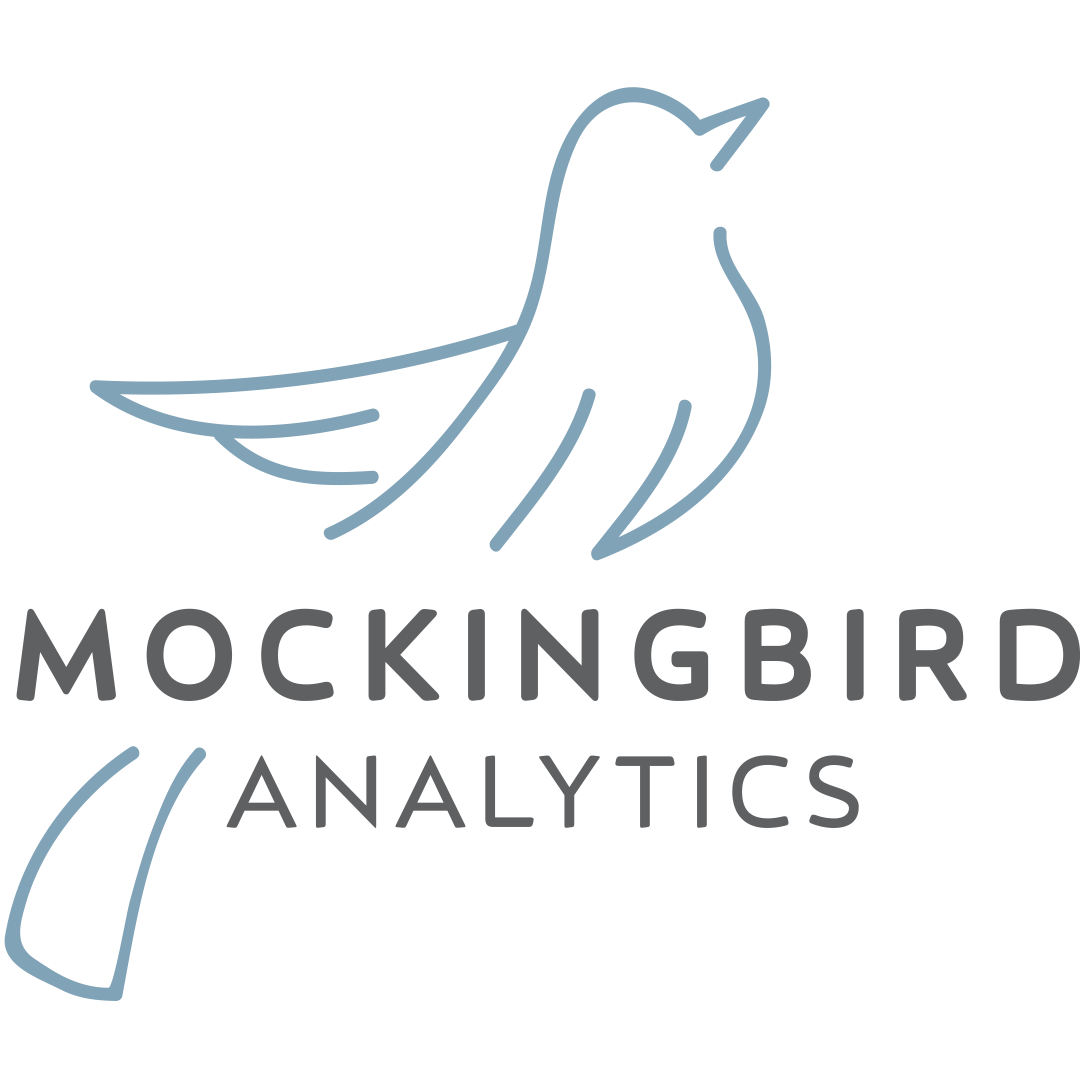Grant Writing Myths Part 2: Chasing the White Whale for Seed Funding
In every business sector, there is that white whale story that floats around and encourages everyone to throw pragmatism overboard and chase the near-impossible fundraising dream. Maybe you heard of a nonprofit getting a million-dollar donation from Tyler Perry after he saw their story on the news. Or that a social startup received 10 million in initial funding in their first year. Well nonprofit Ishmaels, this blog is your wake-up call that the myth of cold calling the likes of Jeff Bezos (or better yet his ex-wife) and getting funding as a startup, or receiving 1 million funding from a foundation within your first year is like a siren song. It sounds too good to be true and chasing after it is going to waste your time and shipwreck your crew.
Sea similes aside, for startup nonprofits the idea of inspiring billionaires or foundations to donate millions through one grant is a common one. It doesn’t help that the media often highlights stories of grandeur when a nonprofit receives 2 million from a famous supporter. This is newsworthy because it rarely happens. When looking for seed money for your startup nonprofit, focusing on million-dollar grants and spending time courting famous donors is not going to be a huge success. Why? For one you are spending valuable time focusing on a long shot when you should be focusing on proving your sustainability. You need money to make money, so you need to get started with plausible grant writing and diversifying your other forms of revenue. The time spent chasing white whales could be better spent shoring up your donor base by finding the right funding resources. (Ok, that’s the last of the sea puns. Promise.)
Instead of falling for the ingenue million-dollar grant writing myth, here are a few tips to keep you on track for social startup success.
Focus on Funding Experimentation
For many social sector analysts, a nonprofit is considered essentially sustainable if they bring in at least 2 million in revenue each year. Trying to fundraise 2 million a year is a beast. Within organizational sustainability, leadership must understand that revenue needs to be diverse if they want to last through the ups and downs of nonprofit development. Focusing solely on grant writing, or foundation gifts leaves you open for a potential downturn when those grants or gifts suddenly disappear for a variety of reasons (economic depression, a global pandemic, change of mission in a foundation, etc). When looking for startup funding, most foundations want to see that you have clearly defined a diverse set of revenue streams that will keep your nonprofit afloat if one area of funding comes up short. Foundations want to fund successful enterprises, show your business acumen by focusing your funding approach to include services, individual donor plans, grants, and many other sources of revenue in your initial startup plan.
Think Big But Build Better
Build up trust among foundations and grant writers by going after grants and programs that will support your initial work. You might want a 500k grant for your programs, but as a social sector startup, you will most likely not be awarded such a huge amount since you haven’t developed strong relationships with foundations or proven that your concept works. It is worth it to build up a sense of trust by going after smaller grants, proving that you successfully complete a grant cycle and that you are a reliable nonprofit that can work collaboratively with foundations. People want to see that you can walk before they let you run.
You probably think we are dismissive of your ideas to showcase stories and go for the “big ask”. In fact, we love your big, systems-changing ideas, but we encourage you to think big while building better. Absolutely showcase your stories and how you are going to change society for the better. Think big and inspire your staff, grant writers, and funders! However, use this to your advantage. Hook people in with your aspirational goals, but keep them interested by proving your viability.
Prove Yourself
As you start in the social sector world you will quickly realize that data and evaluation are everything. Funders want to see the actual numbers, correlations, and proven concept of how you are uplifting change with your expertise. Start your strategy for funding by also designing a system for how you will collect data and conduct evaluations so that you have metrics to show donors. Stories and big ideas are great, but people also want to see proof through numbers.
At Mockingbird Analytics we have a strong team of evaluators with experience in conducting initial research, composing surveys, deciphering analytic results, and building up a strong case for your programs through data and literature reviews. We also conduct workshops on data evaluation, most recently hosting a workshop on developing surveys for marginalized communities. (Many of our workshops are also available through our On-Demand Nonprofit Management course.) We can work with you to develop a plan for data collection so that you can showcase your evidence-based work when applying for grants.





